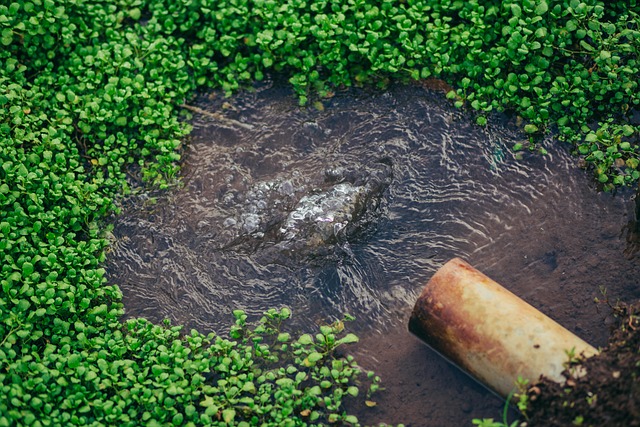As humanity continues to grapple with the dual challenges of climate change and desertification, the role of irrigated farming in shaping our ecosystems comes into sharper focus. The practice of irrigated farming has emerged as a vital tool for food production in arid regions, but its implications extend far beyond mere crop yields. With increasing temperatures and shifting precipitation patterns, the relationship between this agricultural technique and environmental sustainability demands our attention.
For many communities around the globe, irrigated farming serves as the lifeblood of the economy, supporting livelihoods and feeding families. However, this dependence on water-intensive crop cultivation raises essential questions about resource management and environmental impact. As we foster agricultural productivity, we inadvertently sometimes pave the way for increased desertification—an insidious process that transforms vibrant ecosystems into barren landscapes.
Desertification is not just a local phenomenon; it reverberates across borders and ecosystems. It threatens biodiversity, diminishes soil fertility, and ultimately leads to a decline in agricultural output—a tragic irony faced by those who rely on the very land that is being eroded by unsustainable practices. Consequently, while irrigated farming has the potential to improve food security, if mismanaged, it can accelerate climate change and exacerbate the conditions that lead to further desertification.
The environmental footprint of irrigated agriculture is significant. The extraction of water from rivers and aquifers can disrupt natural ecosystems, diminishing habitats for aquatic and terrestrial species. Moreover, the reliance on chemical fertilizers and pesticides can lead to soil degradation and water pollution, further compounding the challenges posed by climate change. The biodiversity that once thrived in these ecosystems is now under siege, making it imperative that we strike a balance between food production and ecological preservation.
Innovative approaches to irrigated farming can mitigate these adverse effects. Water conservation techniques, such as drip irrigation and rainwater harvesting, present opportunities to optimize water use while preserving the surrounding environment. By embracing agroecological principles, farmers can enhance soil health and biodiversity, thus creating more resilient systems that withstand the impacts of climate change.
The fight against desertification is not solely the responsibility of farmers but requires a collective commitment spanning governments, corporations, and consumers. Sustainable practices need to be integrated into agricultural policy, providing farmers with the resources and knowledge they need to adopt eco-friendly practices. Strong governance and community-driven initiatives are essential to transitioning towards forms of agriculture that respect both the earth and its inhabitants.
As we face the rising specter of climate change, we must recognize the interconnectedness of our farming practices and their impact on the global environment. By promoting sustainable irrigated farming, we can cultivate not only crops but also hope for a future where our ecosystems can thrive amidst challenges. It is time for all of us to take action, reflecting on how our choices can lead to more resilient landscapes for generations to come.



